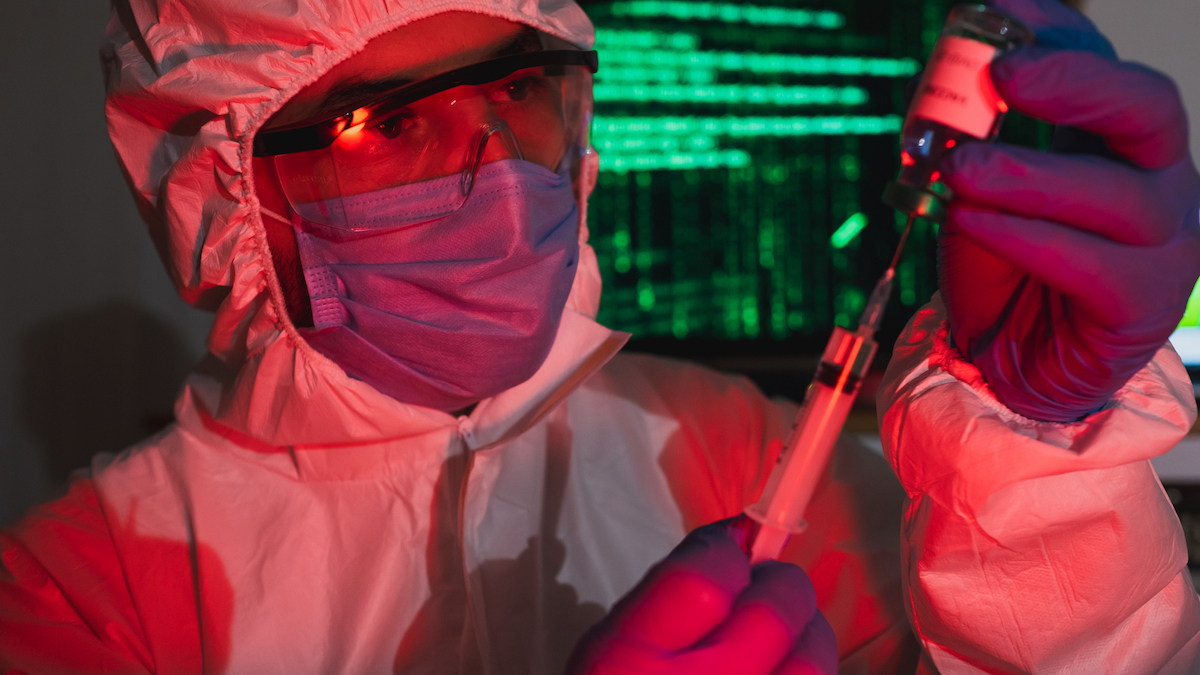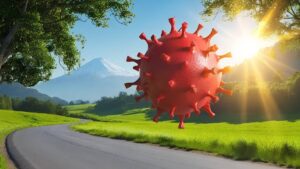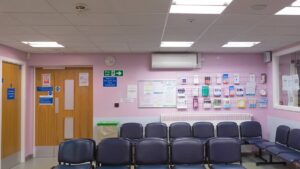Aegros developing COVID-19 hyperimmune solution for front-line healthcare workers

Aegros is making progress on a COVID-19 hyperimmune product made from the blood of recovering Covid patients – a treatment that’s badly needed. (Image: Getty)
Special Report: Sydney biotech company Aegros is making progress on a COVID-19 hyperimmune product made from the blood of recovering Covid patients – a treatment that’s badly needed, even with vaccines on the horizon.
Hyperimmunes provide immediate protection to recipients, unlike vaccines whose protective effects take time to develop. There are hyperimmune therapies already available for hepatitis B, rabies and tetanus, and a number of companies are working on anti-coronavirus hyperimmune immunoglobulin therapies.
Plasma fractionation company Aegros says its hyperimmune treatment could be an important tool in the fight against COVID-19, even if vaccines could start being rolled out across the world in a month or two.
It’s still not clear how effective vaccines will be in the “real world” rather than clinical trials, and viral mutations might make a jab less effective. The “passive immunity” offered by hyperimmunes wanes over time, usually within a few weeks or months, so they aren’t a permanent fix, but they could help get Covid transmission under control as more vaccines are manufactured and supply-chain issues worked out.
“It’s so critical to our country to protect our doctors and our nurses,” says Aegros managing director John Manusu.
Aegros’ plasma fractionation technology
Aegros is uniquely positioned to develop a Covid hyperimmune.
The company, which is aiming for an IPO next year, is working to modernise the antiquated process of plasma fractionation, a process developed in the 1940s as part of the WWII war effort.
While existing fractionation is based on ethanol precipitation, Aegros has a patent-pending method using an electrical charge through a membrane to fractionate plasma.
The process yields double the amount of plasma product than existing methods, is simpler and doesn’t require the “messy” use of mass quantities of ethanol or other solvents.
“We want to establish ourselves as the second Australian plasma fractionator, after CSL,” says Dr Hari Nair, Aegros’ co-founder and managing director, one of the inventors of technology.
“This market is absolutely ripe for disruption,” he says.
Over 700,000 litres of plasma is donated each year, but this only produces 50% of the IVIG used in Australia. The rest has to be imported. By increasing the yield, we can reduce or even eliminate Australia’s reliance on foreign plasma therapeutic products, Aegros says.
There are ethical considerations as well – Australia’s blood donors aren’t paid, so the country has a moral duty to make the best use of their blood donation it can, rather than wasting half of it. This waste also means almost doubling the cost, which means additional lives could be saved if that extra money was available to spend on other treatments.
Aegros has recently signed a long-term lease for a Therapeutic Goods Administration-licensed facility in Macquarie Park, North Sydney, and is working to outfit it for fractionation.
The company has 30 employees now and expects to have 60 to 65 staff by the end of next month – all high tech jobs, Dr Nair notes.
The company has also begun clinical trials for its CovimmuneTM hyperimmune.
Beyond the market opportunity the company senses, it also wants to bolster Australia’s sovereign capacity to respond to future disease outbreaks.
“We want to prepare for the next pandemic – there will be a COVID-20 and a COVID-22,” Dr Nair says.
This article was developed in collaboration with Aegros, a Stockhead advertiser at the time of publishing.
This article does not constitute financial product advice. You should consider obtaining independent advice before making any financial decisions.
Related Topics
UNLOCK INSIGHTS
Discover the untold stories of emerging ASX stocks.
Daily news and expert analysis, it's free to subscribe.
By proceeding, you confirm you understand that we handle personal information in accordance with our Privacy Policy.








